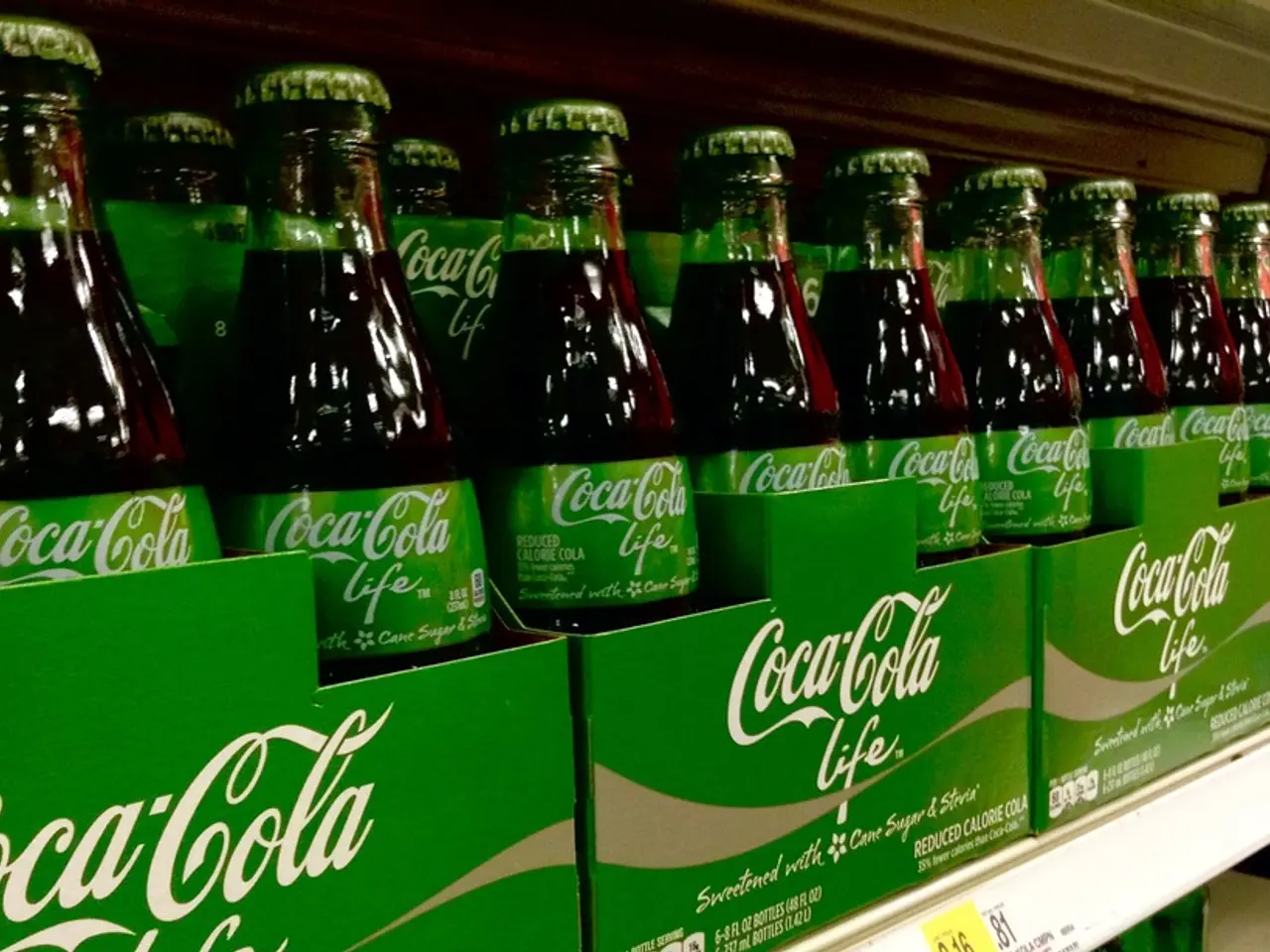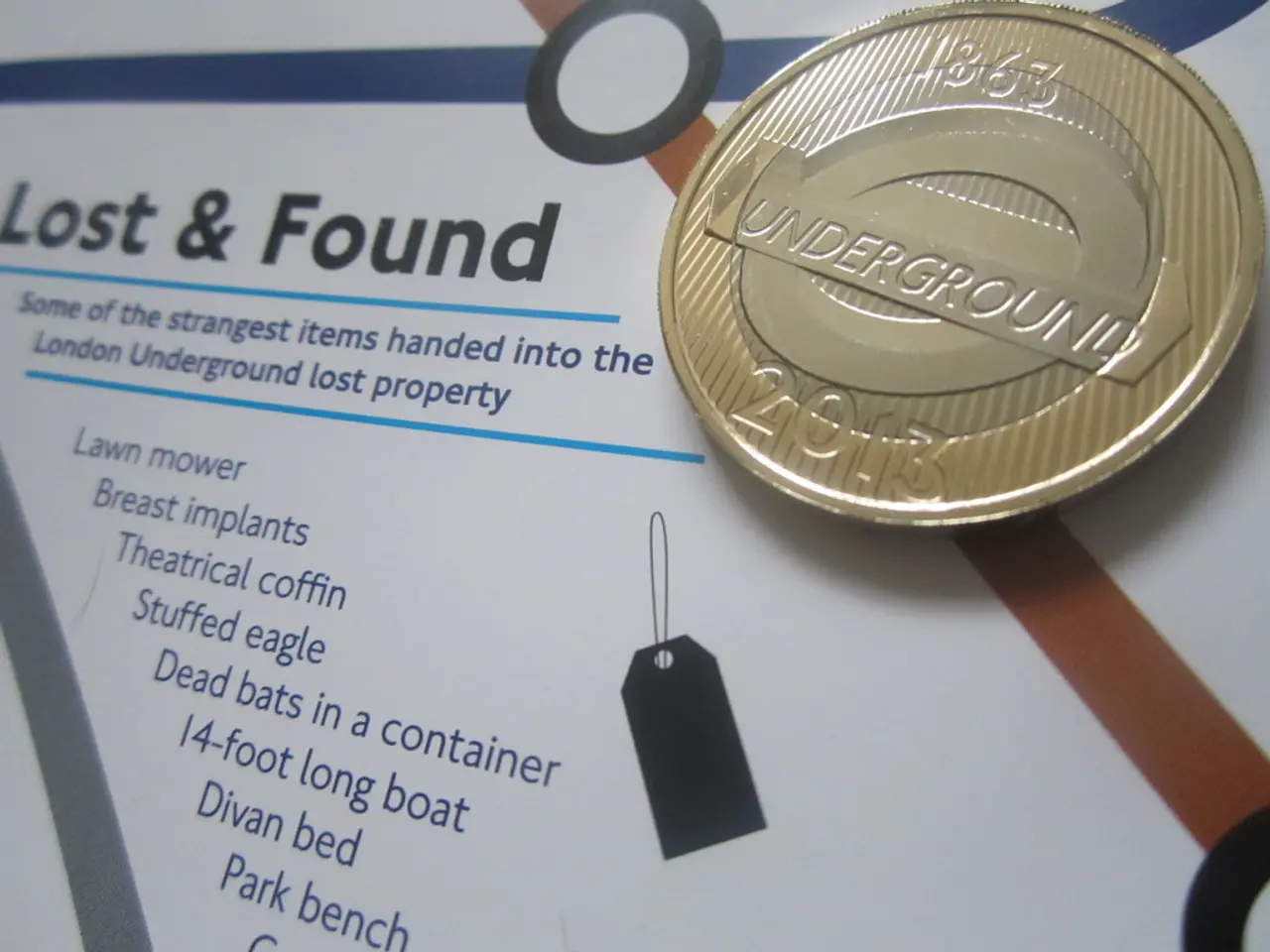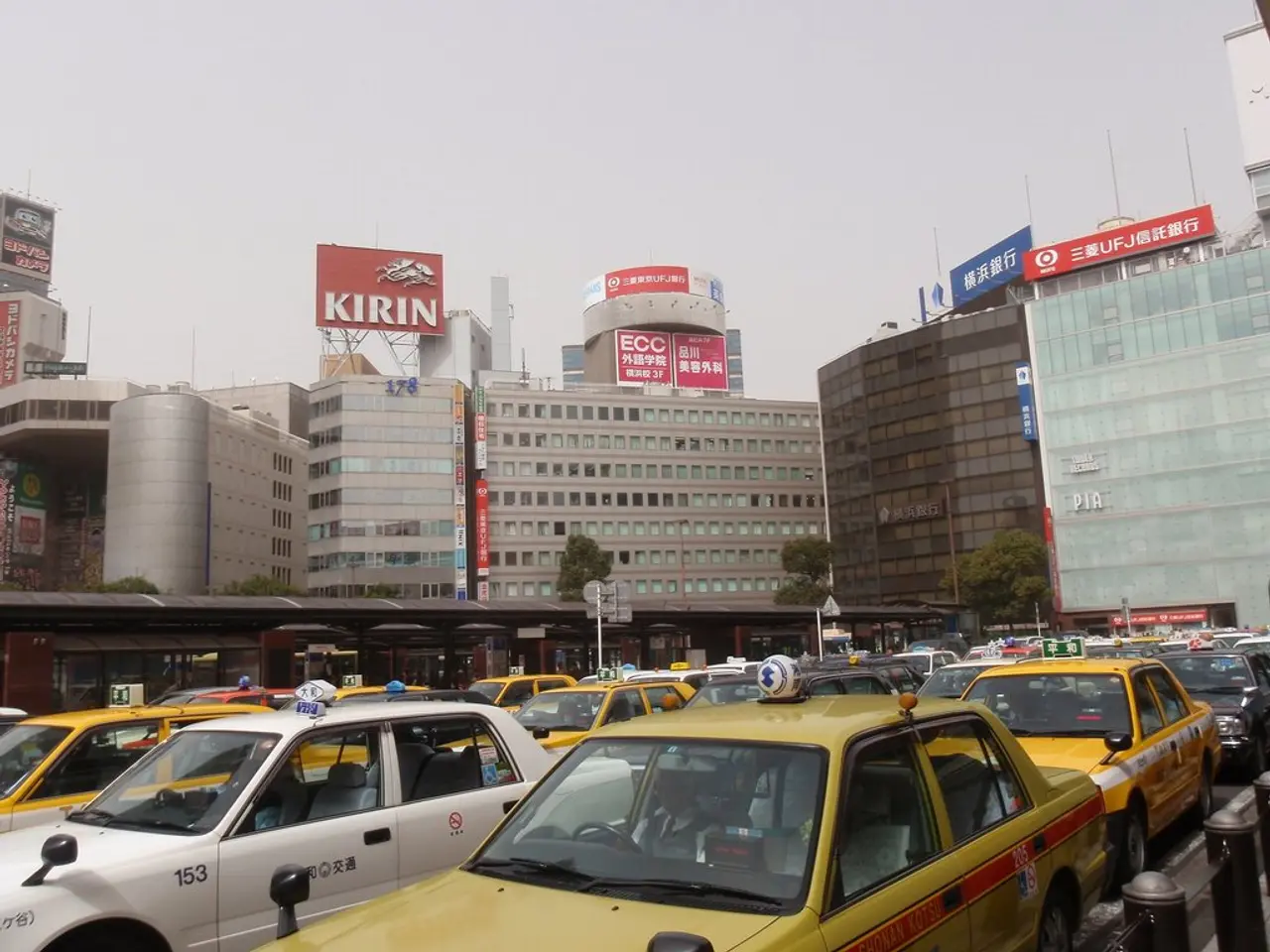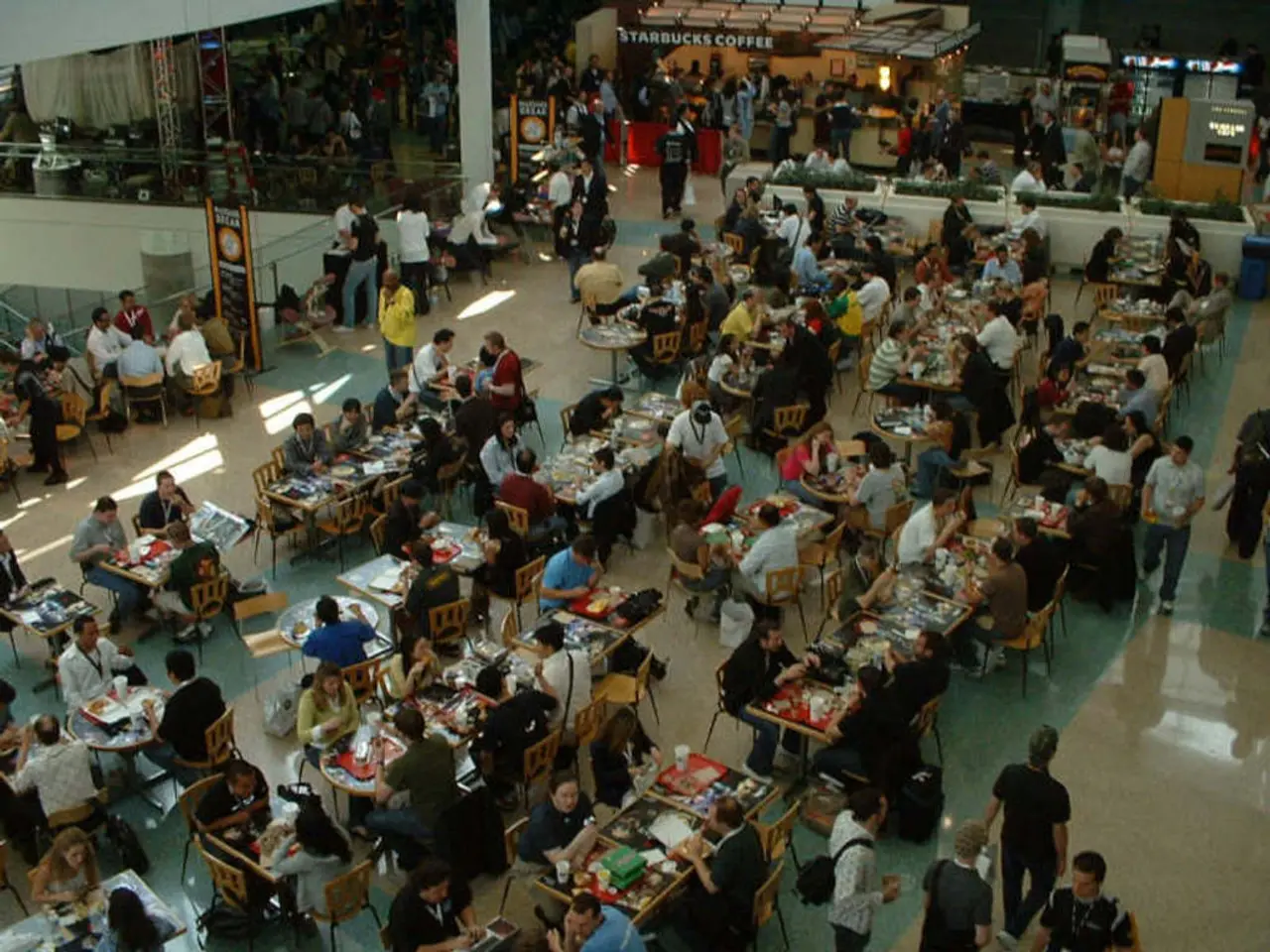The worldwide beverage packaging market is projected to reach approximately $275.8 billion by the year 2034, expanding from a value of $166.1 billion in 2024.
The global beverage packaging market is undergoing a significant transformation, with a strong emphasis on sustainability, eco-friendliness, and smart packaging technologies.
In 2024, the Asia Pacific region led the market with a 33.2% share, valued at USD 54.8 billion. This dominance is attributed to rapid urbanization, rising incomes, and a booming beverage industry. Notably, plastic led the material segment with a 32.5% market share, but there's a growing trend towards sustainable materials such as recycled plastics (rPET), paper-based, biodegradable, and bio-based packaging.
Bottle & jar packaging dominated the product segment in 2024 with a 34.3% share. However, the market is witnessing a shift towards more durable, tamper-evident packaging adapted for e-commerce multipacks.
The future looks promising for the beverage packaging market, with projections indicating it will reach USD 275.8 Billion by 2034. Innovations like smart packaging, automation, and digital printing are enhancing efficiency and product appeal.
Innovations in smart packaging are particularly prominent in premium sectors like alcohol packaging. These include the integration of QR codes, NFC tags, and blockchain authentication to enhance consumer engagement, traceability, and anti-counterfeit protection. Other functional smart features involve temperature-sensitive labels that signal optimal drinking conditions.
Regulatory pressures worldwide are dictating label content, safety features, and sustainability thresholds. For instance, lightweighting techniques and tethered-cap regulations are implemented to improve recyclability and reduce plastic waste, especially in Europe and North America. Circular economy principles—focusing on reusable and recyclable packaging—are driving corporate commitments to net-zero emissions, supported by government regulations banning single-use plastics and demanding greater recycled content.
Interestingly, 75% of consumers consider packaging design as a decisive factor in beverage selection, and 44% assess a brand's sustainability stance based on its packaging. This consumer preference for eco-friendly products is driving the growth of eco-friendly materials in the market.
In June 2025, significant investments were made to expand beverage manufacturing infrastructure. Reliance Consumer Products pledged up to US$921.9 million to expand its beverage manufacturing infrastructure across India, while SIG Group announced an additional €100 million investment to accelerate innovation and capacity in India's growing dairy and beverage packaging sector.
The beverage packaging market in North America continues to be a strong player due to its advanced packaging technologies and strong demand for convenient and eco-friendly solutions. Europe shows steady growth, supported by strict sustainability regulations and consumer preference for green packaging options.
However, supply chain disruptions caused by global events, transportation delays, and raw material shortages have negatively impacted the availability and pricing of essential packaging components. Despite these challenges, the shift towards green and circular economy principles opens substantial opportunities for manufacturers investing in biodegradable, compostable, and post-consumer recycled materials.
In conclusion, the beverage packaging market is evolving through a combined focus on sustainability via circular, recyclable, and biodegradable packaging materials, enhanced by smart technologies that improve consumer engagement, product safety, and traceability. This integrated approach aligns with growing environmental regulations, consumer demand for eco-friendly products, and advancing digital packaging solutions.
- The growing trend towards sustainable materials like recycled plastics, paper-based, biodegradable, and bio-based packaging in the beverage industry is closely linked to the business sector's focus on environmental responsibility and consumer preference for eco-friendly food-and-drink packaging.
- Innovations in smart packaging, such as the integration of QR codes, NFC tags, and blockchain authentication, are not only shaping the lifestyle trends of premium sectors like alcohol packaging but also significantly impacting the finance sector by influencing consumer engagement and brand value in the beverage market.




